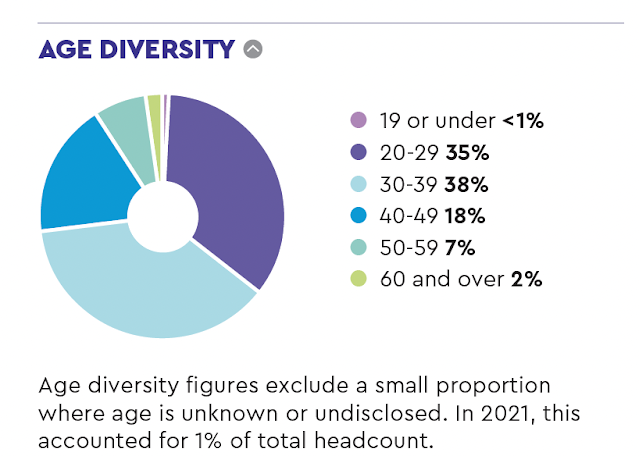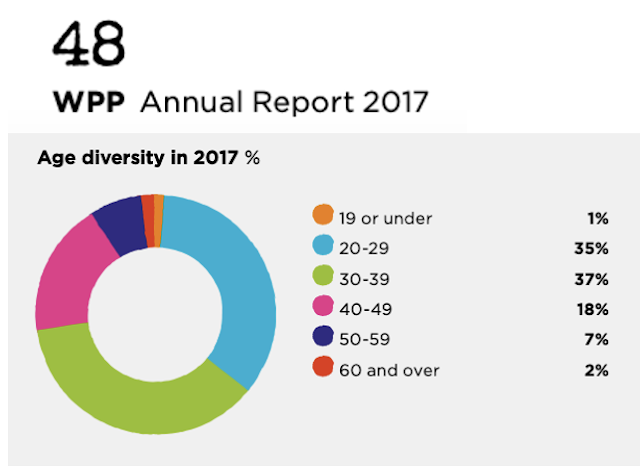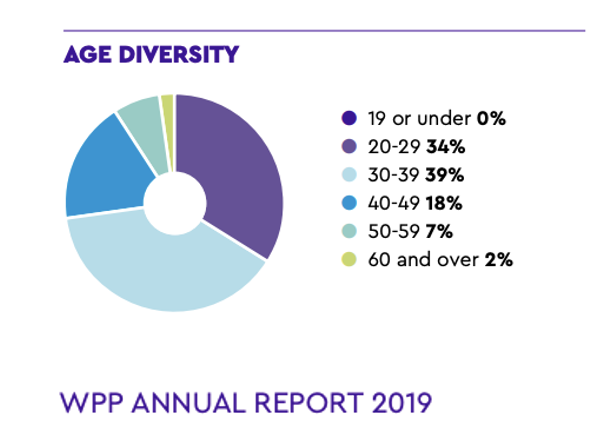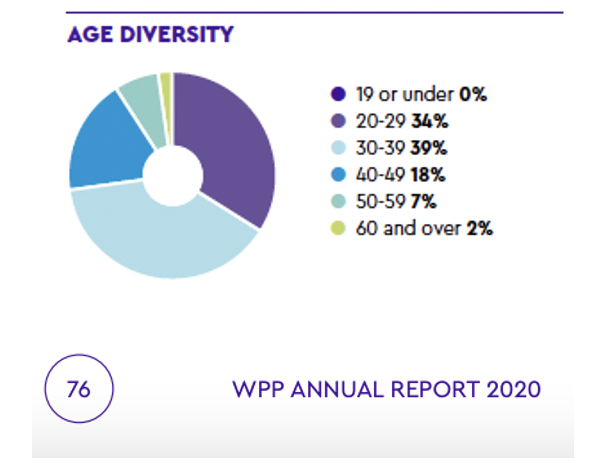If you don't know what I'm talking about--and who does--I suggest you plunk $9.99 down and buy the Kindle edition of Henry Louis Gates, Jr.'s 2019 New York Times' Notable Book, "Stony the Road."
For about the price of two-infusions of high-fructose caffeine at a chain coffeeshop owned by billionaires and run by the underpaid, you can buy yourself a little enlightenment. And if you're wired toward self-improvement and lifelong learning, the buzz will last longer than the jamoke as well.
Dr. Gates' book is a long and deep look at the centuries of the language and the imagery that are two vital building blocks of Amerika's marrow of enduring and systemic racism and hate. So charged are these images that I will not show them in this space. Invariably someone, without reading what I've written and without context, would see them and accuse me of hatred and ugliness. Again, Gates' book is worth reading and the images are worth seeing, but I won't risk the vituperation that would come from reprinting them here. Even the review in the Times prints only one image--and in the scheme of things--a mild one, lest the same slings and arrows be sent their way.
This post, however, is not about racism. It's about ageism.
Though it could be about any 'ism.' While they're not all equal, who's to say which ism is worse. They're all bad and are to be overcome.
Just a couple of weeks ago during his State of the Union Address (which could more accurately be called 'The Disunion Report') president Biden assailed the republicans for their rhetoric around cutting, dismantling or sunsetting Social Security. The republicans denied that of course, but on the heels of their denials senators and congresspeople started talking about raising the age when Social Security benefits kick in. (That's the same thing as cutting benefits, but why quibble.)
On February 12, just over two weeks ago, The Wall Street Journal published this article, heralding the advent of future careers that might have to last 50-percent longer than our current notion of a 40-year-career.
"Because they are likely to live healthily into their 90s or longer, they must learn to navigate 60-year careers instead of the traditional 40-year span."
"All of this could pose challenges for companies, which haven’t structured ways for employees to stay productive and creative over lengthy careers."
"Few have established flexible routes in and out of the workplace, or “glide paths” toward retirement that enable older workers to work longer but at reduced hours."
These two trends must be concerning for workers in the advertising industry--where you're old at 35 and pretty much discarded by 50. No worries. Those who own the advertising industry, the older white men who run the holding companies, choose to ignore both demographics and decency.
Trend 1. Let's make people wait till they're older to start using the retirement and healthcare benefits they've paid for.
Trend 2. Let's extend the expected length of a career to sixty years, though very few ad people work 30 years.
So while the world says 'work longer,' and 'get benefits later,' the ad industry has been saying even louder, 'there's no room at the inn.'
This breakdown of age 'diversity' found on page 75 of WPP's 2021 Annual Report (the latest one published) is terrifying. 27% of WPP's workforce is over 40, though 51% of the US population is over 40. (According to the 2019 US Census.)
What's worse is that though our population is aging, the numbers haven't improved at all since at least 2017:
Below are stats from the Bureau of Labor Statistics (labor-force participation); Census Bureau (age groups) that lay out the issue in stark, statistical terms. Not only are people living 20-30 years longer than they did just a few decades ago, millions of people 45+ are still in the labor force.
[BTW, WPP is the only holding company I could find age-diversity data from. I'd love to hear from the others--if their stats are different. And if anyone from WPP or any other holding company wants to refute any of this, I make Ad Aged and our 80,000/weekly circulation freely available to you--with NO editorial oversight on my part.]
Eventually, I'll return to where I started. With Dr. Henry Louis Gates, Jr. and the sorts of imagery that embed systemic "ism." In this case, ageism.
Below is Ogilvy's "Careers" page. Which could easily, according to the photos they've chosen be called their "Careers for those under 30" page.
Despite the vast demographic changes I've written about above, the imagery chosen by Ogilvy harkens back to a different time, well-before the 80s.
You can't claim you are open to all, that you're welcoming, inclusive, diverse, and fair if your imagery shows only a tiny slice of the population. You also can't claim that you are keeping in-step with the times when the photos you've chosen depict something radically out of step with your assertions.
Two of the sillier shibboleths of the 'diversity-industrial-complex' are these.
1. Companies and social organizations should be "the mirror of the world," and
2. "You can't be what you can't see."
No mirrors here. No seeing or being here.
The world these photos depict is skewed, dangerously skewed away from the demographic reality of the world today. Just as dangerously skewed as the racist imagery Dr. Gates writes about in "Stony the Road."
At a time when people are living longer and careers, it's said, will last 60-or-so years, major employers are acting as if those realities aren't happening and making no provision for them having happened.
What will we do with the old? What will we do with a large, growing and affluent portion of the population?
Drop it, say the holding companies.
I'm fine with all that, if that's the way you want to be. You make your bed, you lie in it.
I do wish, however, you were less Orwellian in boasting about how enlightened and inclusive you are.
That disgusts me.
That disgusts me.












No comments:
Post a Comment